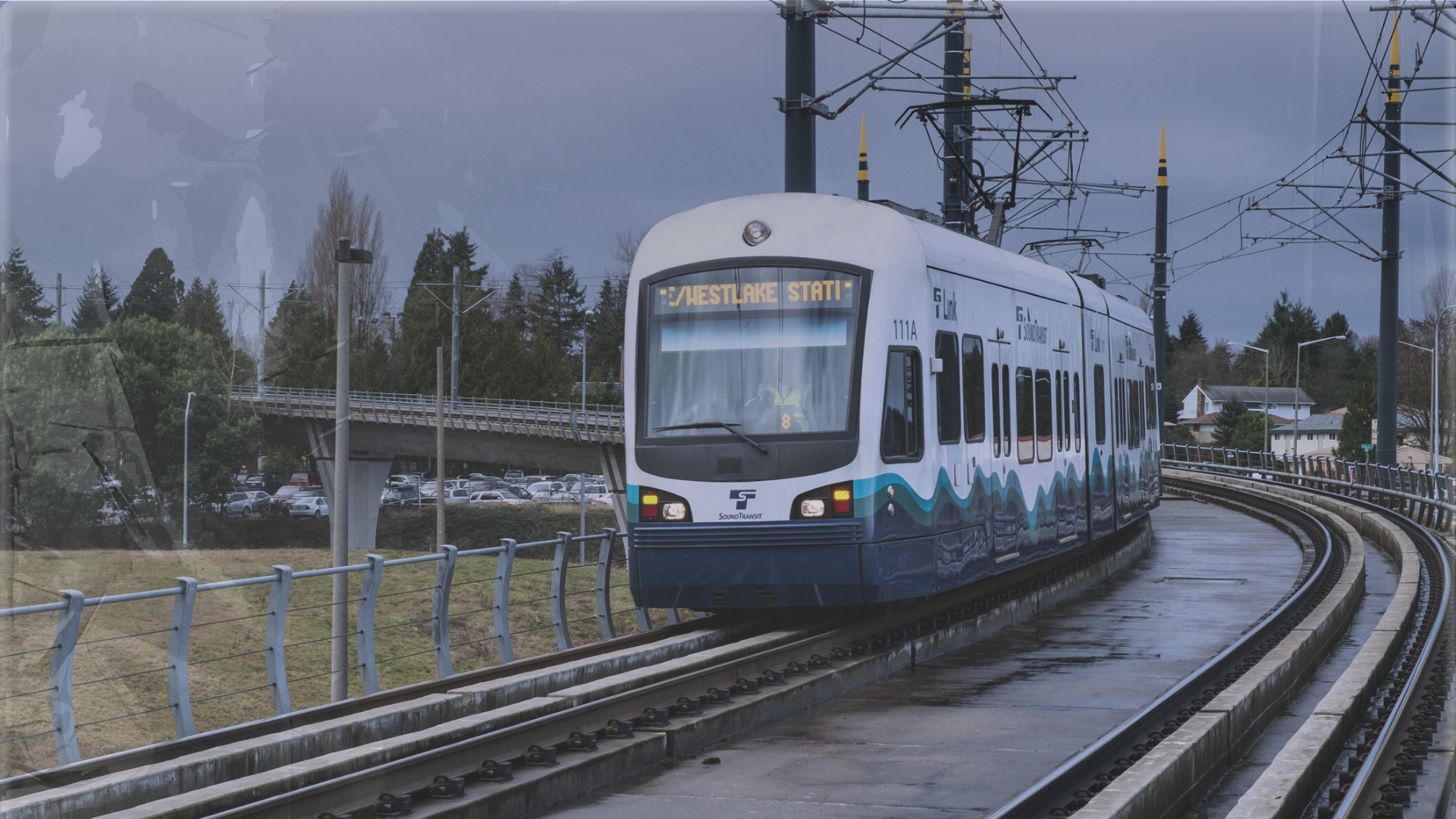If it looks like a duck and quacks like a duck, then it might just be a duck. The Sound Transit saga of ethical violations continues, which is inconvenient for the public agency a month away from the November election. On the ballot is an unprecedented $54 billion regressive tax proposal – Sound Transit 3 (ST3) – which increases sales and motor vehicle excise taxes, and adds a controversial property tax to primarily fund a 116-mile light rail network.
In late August, Sound Transit admitted that they gave 173,000 private email addresses of ORCA cardholders to their pro-ST3 political campaign, Mass Transit Now. Mass Transit Now had submitted a public-disclosure request to Sound Transit for all subscribers on Sound Transit’s email list, as well as anyone who attended or testified in public hearings on ST3. In their response, Sound Transit illegally sent them far more – 173,000 contacts more to be exact.
According to The Seattle Times, Sound Transit sent the campaign a total of about 227,000 emails, meaning 76% of the emails Sound Transit gave out should have been kept private.
Last week, the Public Disclosure Commission (PDC) said Sound Transit officials had violated state law (it’s RCW 42.17A.555) that bars public agencies from using public resources for campaign or political purposes. The PDC then reversed their ruling when Sound Transit officials said they made an honest mistake. This is hard to believe, given the agency’s strong desire to get $54 billion more from taxpayers.
According to the initial PDC report, Amy Jo Pearsall, Sound Transit’s Senior Legal Counsel, “believed the two email address lists were input separately into the system” and said that GovDelivery did not distinguish between the two, which is how they were “comingled.”
Q’Deene Nagasawa, Sound Transit’s Paralegal and Public Records Officer, also said the emails were kept in separate locations, but were later combined for a mailer or online survey. That was the list that was supposedly sent. She also claimed that there was no way to tell if, in the list that was sent to the campaign, the emails were subscribers or ORCA card users – although the request for emails included contact’s names, phone numbers, home cities, and which lists they subscribed to and when.
Ms. Nagasawa also “admitted that she was aware that ORCA card holder information was exempt from public disclosure.”
One might think that an agency receiving many similar requests could have perhaps slipped up and responded too quickly, but this was only the second time in eight years that a request had been made for email addresses. It was noted by Geoff Patrick, Sound Transit’s spokesman, as an unusual request. Despite that, it does not appear to have been treated as such, the PDC report found.
This is not the first time Sound Transit officials have found themselves involved in scandal, perhaps because the public cannot hold the unelected board accountable for their repeated violations. Sound Transit appears to operate above the law, and as the PDC’s weak enforcement shows, it may be because they get away with it.
The PDC is also investigating Sound Transit’s use of an online survey to identify what would make people more likely to support a ballot measure to fund more public transit services. This, too, is a violation of state laws. Lori Anderson, a PDC spokeswoman, said that using public money to identify how people will vote is an unlawful use of public resources.
All of this is not really news, though. Sound Transit has been found to operate in unethical, grey areas when it comes to their stewardship of public resources in the past. In 2012, the Washington State Auditor found that Sound Transit unethically packed its Citizen’s Oversight Panel (COP) with transit boosters, former board members, and individuals who worked for companies that receive Sound Transit contracts. As a result, the Citizens Oversight Panel is less about oversight and more about cheerleading for Sound Transit’s ballot measures.
These past and current ethical problems raise real questions about the honesty and openness of Sound Transit, especially as officials want taxpayers to entrust them with a $54 billion blank check for projects they do not actually have to deliver.





